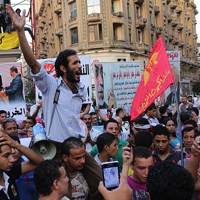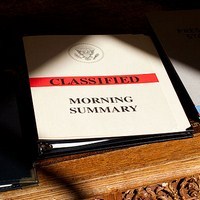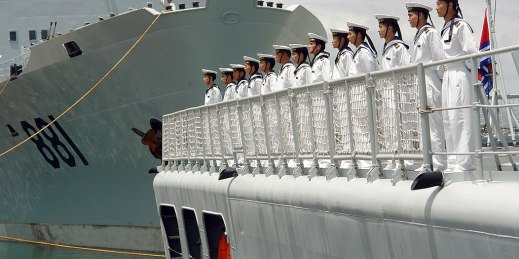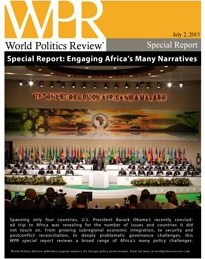
Latin America holds lessons for understanding—and pointing the way through—the current upheaval in Egypt. As Egypt enters a new phase of polarization following the military intervention in the wake of massive protests against its elected leader, recent Latin American experience points to the risks of moving forward without addressing the roots of this polarization. It also shows some of the requirements for constructing a democratic bargain to overcome the social and political exclusion of important sectors of society. In Latin America, 13 leaders were forced to end their terms prematurely, without having been constitutionally impeached, between 1990 and 2009. Eight […]










